Planning your dream overseas trip? Whether it’s your first adventure or your fifteenth, it’s important to pack a little scam awareness alongside your excitement.
Scams can happen anywhere, from major cities to quiet tourist towns. They’re often fast, clever, and hard to detect in the moment. But here’s the thing: while scam artists are inventive, they tend to rely on the same tricks. Once you know what to look for, you’ll be able to avoid the stress, expense, and frustration that can come from falling victim. Knowledge is your best travel companion.
This guide covers 13 of the most common travel scams, grouped by situation so you’ll know what to watch for wherever you are.
When in Crowds, Streets & Public Places
Scammers love busy areas; markets, plazas, monuments, where it’s easy to cause a distraction or blend into the crowd.
-
1. The Staged Distraction: Someone bumps you, spills something on you, or points out a mess, all while an accomplice picks your pocket.
🛑 Avoid it: Politely decline help, walk away quickly, and always keep your bag zipped and in front of you. A crossbody anti-theft bag is your best defence. -
2. Suspicious Beggars: Street beggars may tug at your heartstrings, especially if they involve children or visible disabilities.
🛑 Avoid it: Don’t open your wallet in public. And don't give money to beggars, ever. If you want to help, donate to an established local charity. -
3. The Free Bracelet Scam: A friendly local offers a “free” bracelet or trinket and ties it on your wrist, then demands money or makes a scene.
🛑 Avoid it: Never let strangers put anything on you and don't accept free gifts. Walk away immediately. -
4. Group Photo Offers: You’re asked to take a group’s photo, or someone offers to take yours. As you pass them the phone, they drop it or run off.
🛑 Avoid it: Ask someone who looks like another tourist or is standing still, not someone who approaches you out of nowhere. -
5. Flirtatious Locals: Someone strikes up a conversation and invites you for drinks. The bill ends up enormous, or your wallet goes missing.
🛑 Avoid it: Be cautious when locals seem too eager. Stick to public places and keep your valuables close.
Don’t Book a Ride, Tour or Room Without Knowing These
These scams target moments when you rely on others to get around, stay somewhere, or book an experience.
-
6. Street Ticket Sales: You’re offered “discounted” tickets on the street that turn out to be fake.
🛑 Avoid it: Always buy tickets from official resellers. -
7. Fake Holiday Home Rentals: You book a property online that doesn’t actually exist.
🛑 Avoid it: Watch for red flags, like 0 reviews, or hosts suggesting communication outside official platforms. -
8. Shifty Rental Companies: You rent a scooter or bike and get blamed for damage or theft.
🛑 Avoid it: Use trusted agencies, take before/after photos, don’t leave rentals unattended. -
9. Taxi Scams: Broken meters, fake detours, or bad change.
🛑 Avoid it: Use ride-share apps, insist on metered fares, pay with small notes.
Beware of the Invisible When Using Cards, Wi-Fi or ATMs
Digital scams don’t need a pickpocket, just a moment of inattention while you tap, swipe, or connect.
-
10. Credit Card Skimming: Fake readers capture your data.
🛑 Avoid it: Use indoor ATMs, tap to pay, and check your statements often.
-
11. Fake Wi-Fi Hotspots: Hackers set up fake networks to steal your info.
🛑 Avoid it: Only use trusted networks and always use a VPN when accessing sensitive data.
-
12. Fake Credit Card Charges: Overcharges and double charges from shady merchants.
🛑 Avoid it: Ask for printed receipts and enable app notifications for all card activity.
When You See Suspicious-Looking Authorities
-
13. Fake Police Officers: They ask for your ID, then try to rob or extort you.
🛑 Avoid it: Don’t hand over documents in the street. Suggest going to the nearest police station instead.
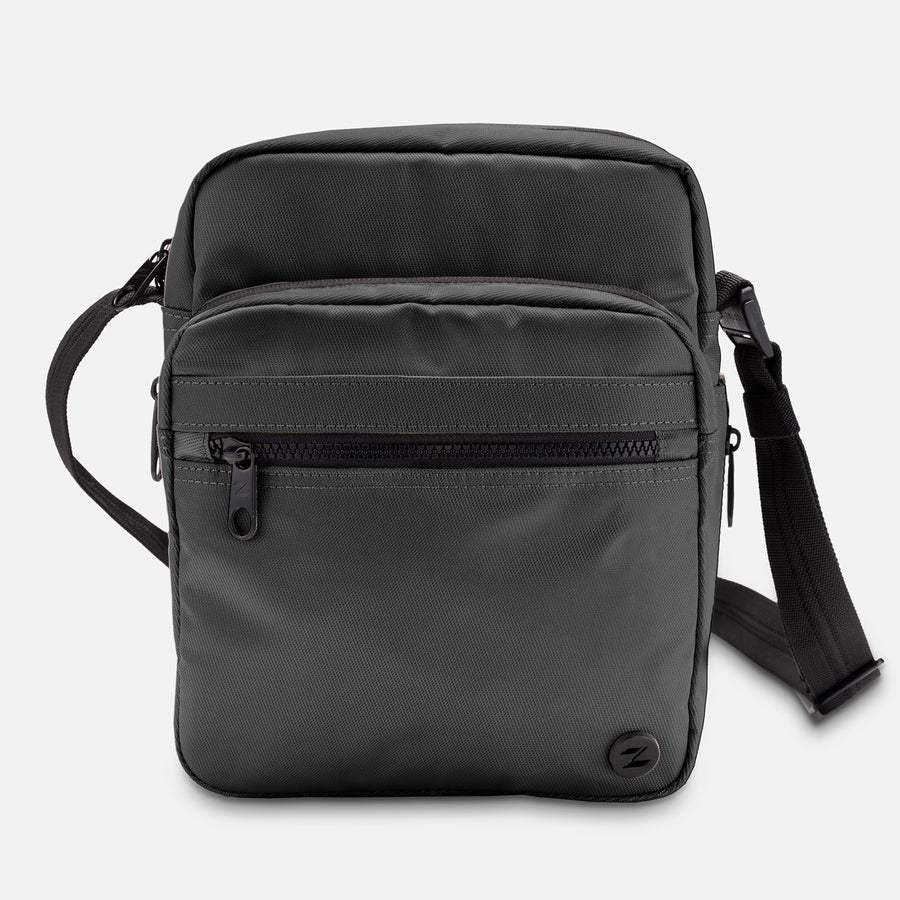
The Bag That Stops Pickpockets Cold
Pickpockets go for easy targets. Don’t be one of them.
The Logan Anti-Theft Messenger Bag helps to stop pickpockets in their tracks, with slash-resistant panels, lockable zippers, and RFID-Blocking pockets. If you want a stylish travel bag that also protects you, then this is the bag for you.
Shop LoganNow, You've Got This.
Scams are part of travel — but they don’t have to ruin it. The key isn’t fear, it’s awareness. You’re ready now.
By spotting the red flags and staying one step ahead, you can enjoy every moment, meet amazing people, and come home with nothing but great memories (and all your stuff).
Here’s to safe, smart, unforgettable adventures.
– The Zoomlite Team
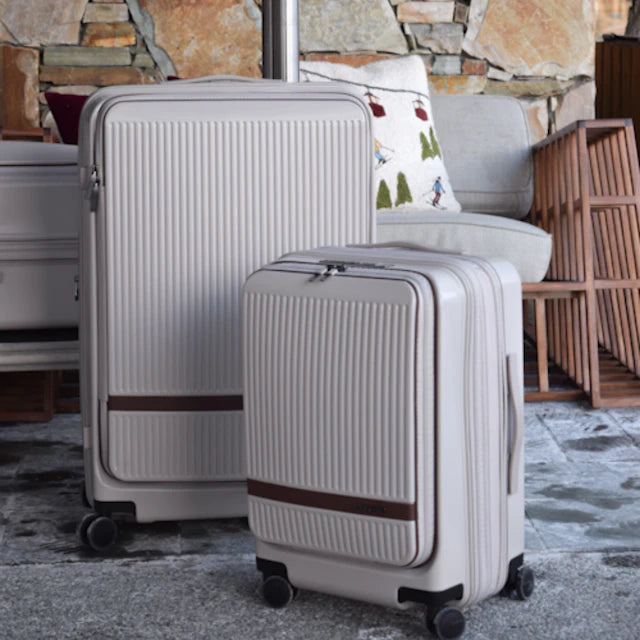
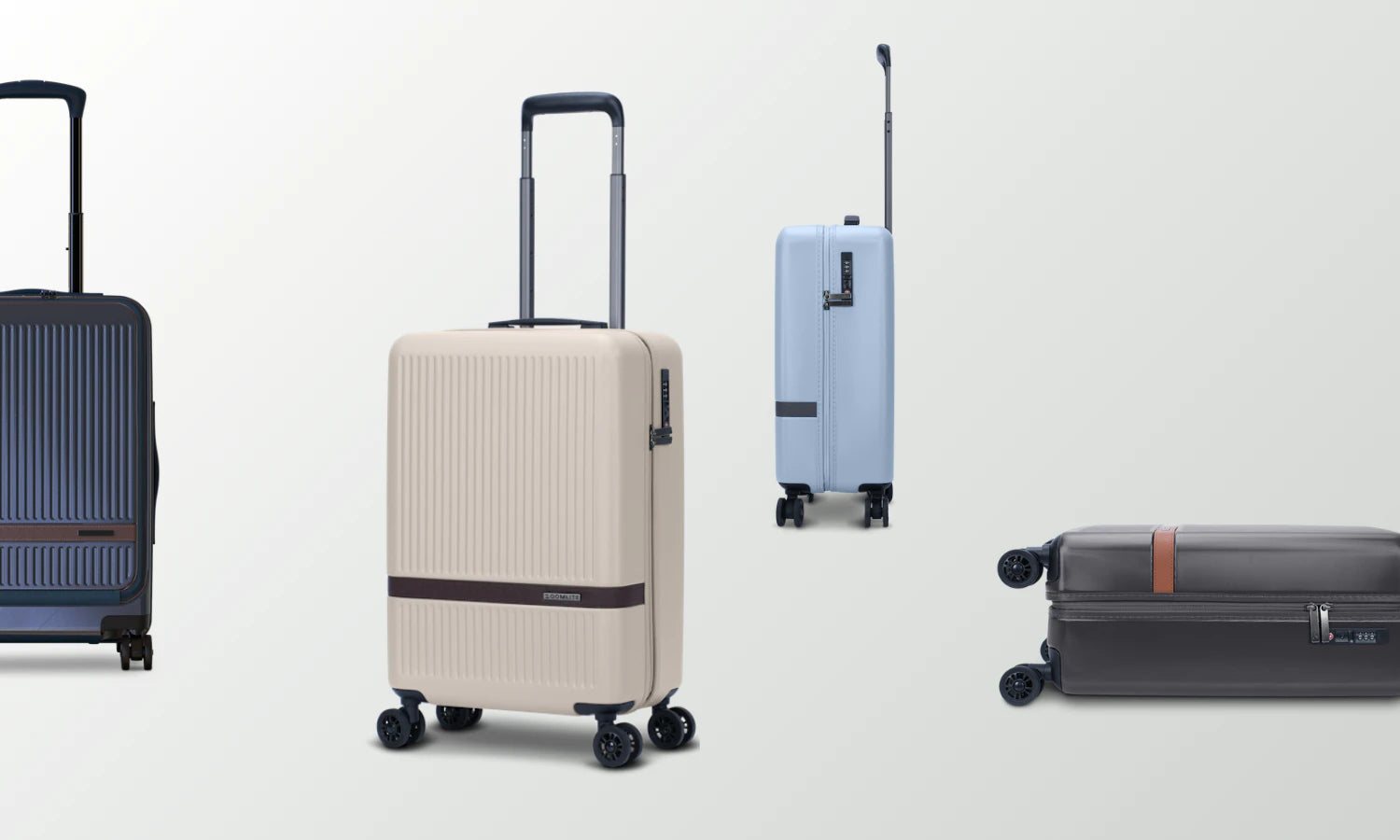
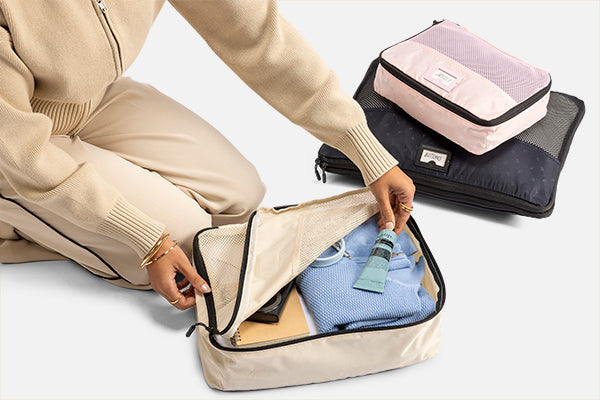
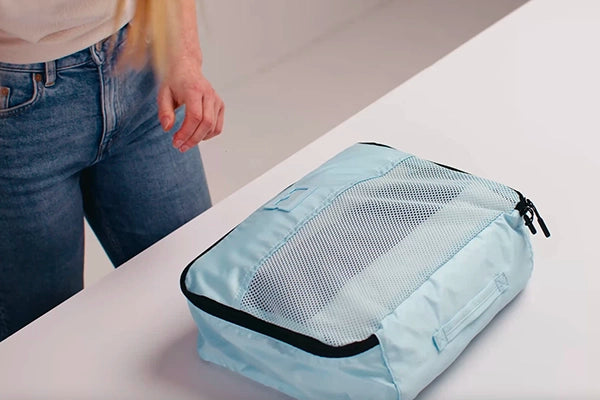

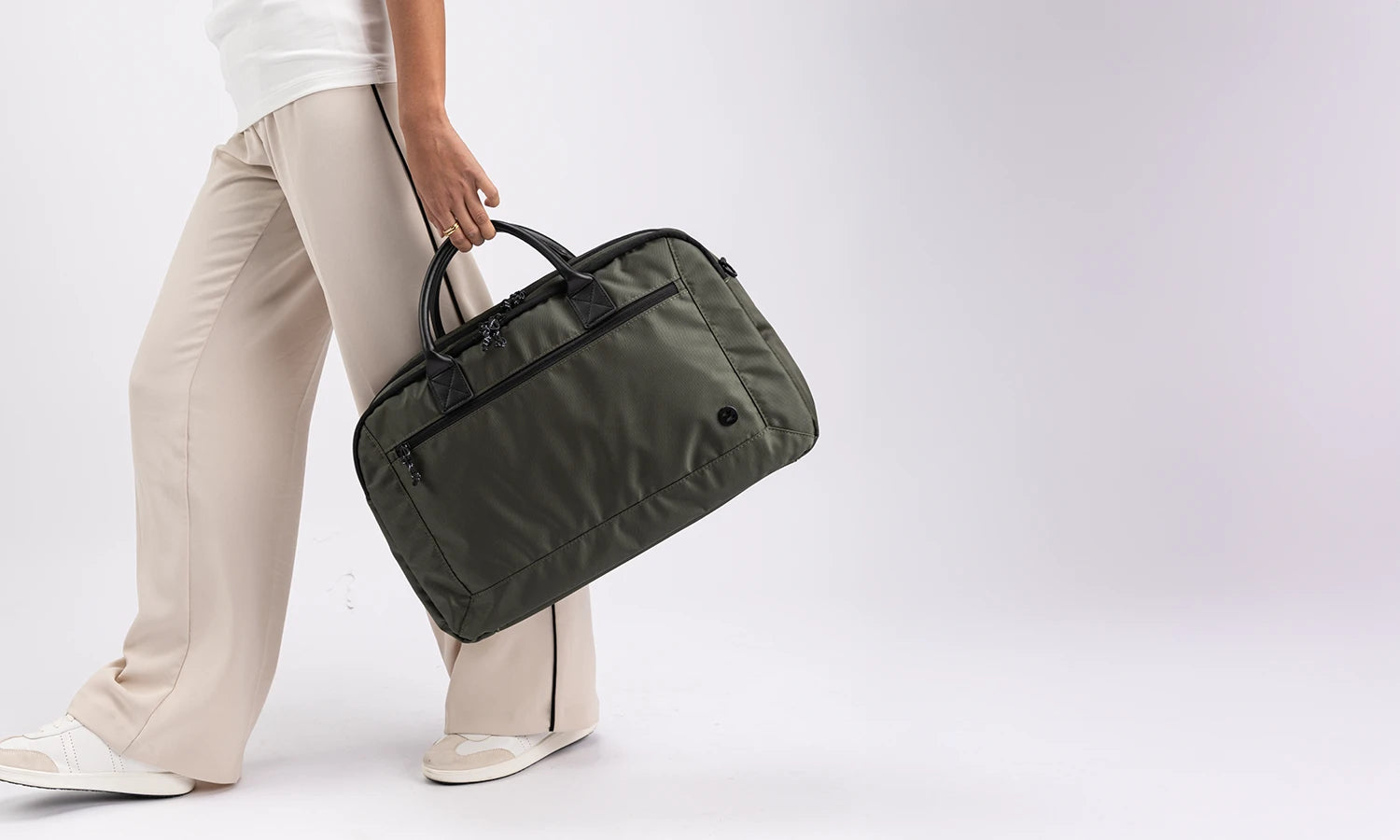
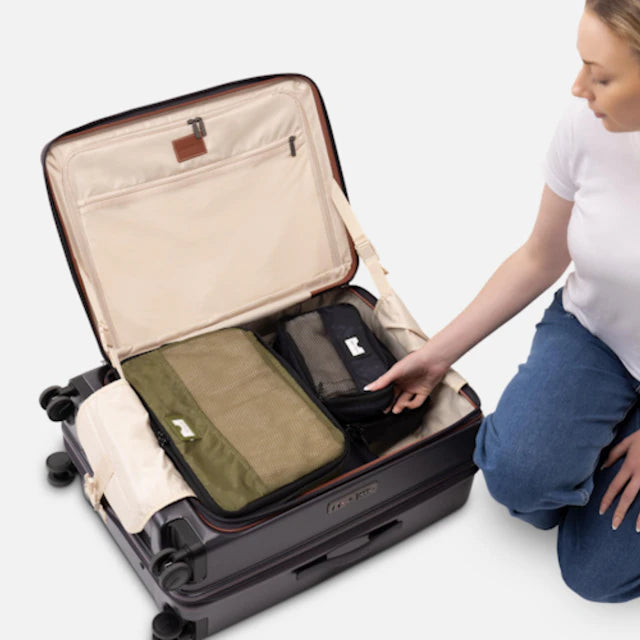


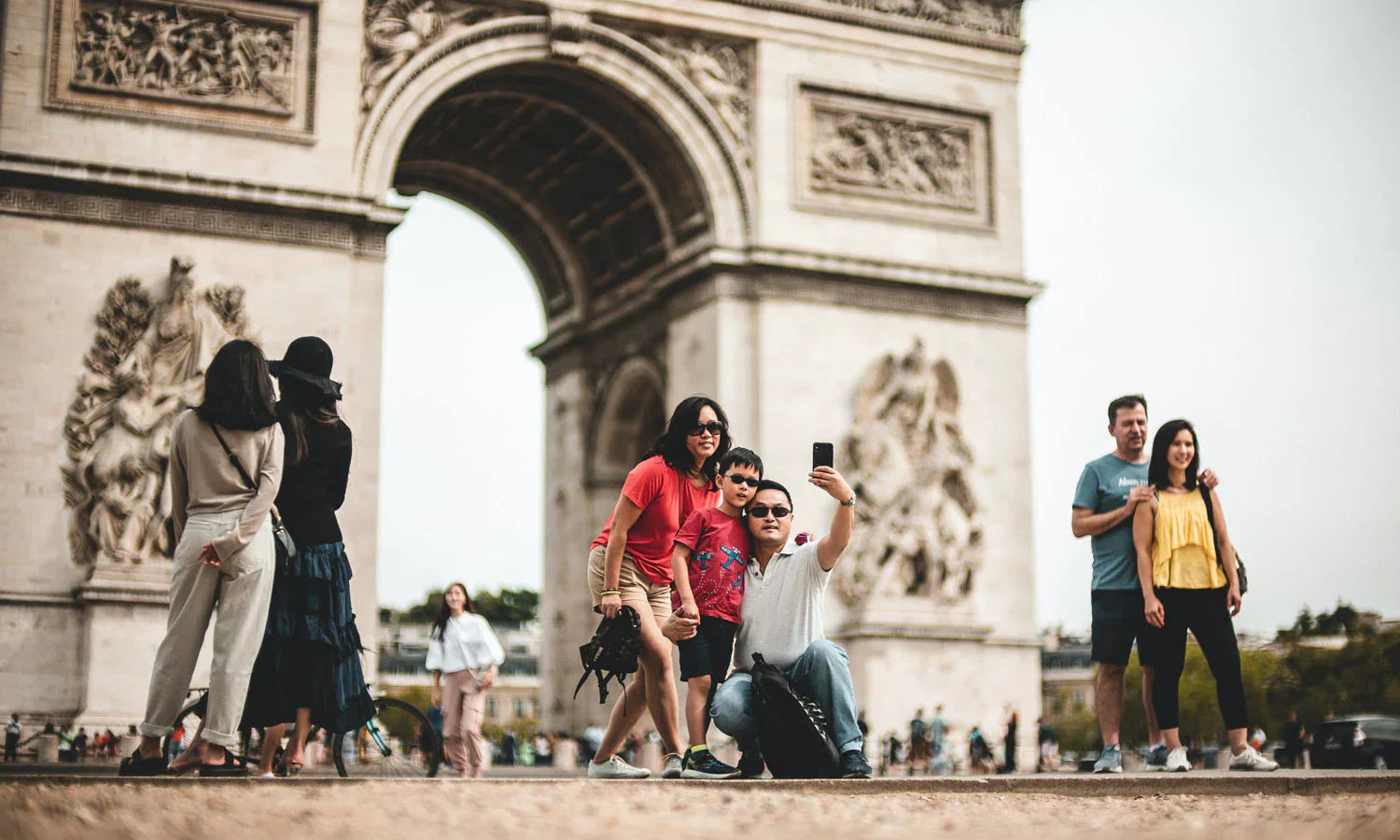







Leave a comment